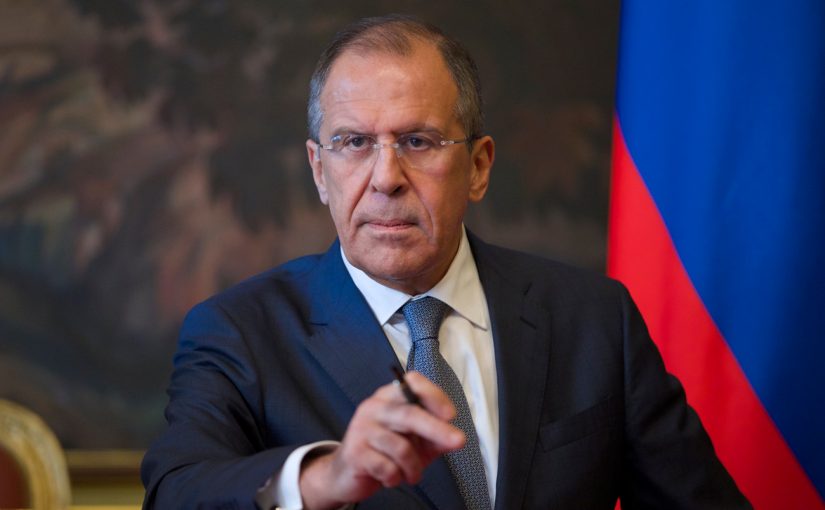Russian Foreign Minister Sergei Lavrov said that his country was eager to work with Egypt to boost airline security, three years after a bomb attack downed a Russian plane, killing more than 200 holidaymakers.
In a column published in the Egyptian state newspaper al-Ahram ahead of a visit by President Abdel Fattah al-Sisi to Moscow next week, Lavrov praised what he described as a “multifaceted partnership” with Egypt.
“It is important today to continue joint efforts that target supporting the safety of both countries’ citizens, including aboard airplanes,” Lavrov said in a commentary, published in Arabic.
Similar remarks appeared on the Russian news agency TASS.
Russia halted civilian air traffic to Egypt in October 2015 after Islamist militants detonated a bomb on a Russian Metrojet flight departing from the tourist resort of Sharm el-Sheikh, killing all 224 people on board.
Since then Egypt has allowed Russian experts to inspect its airport security arrangements several times and the two countries have signed an agreement covering civil aviation security.
Flights between Moscow and Cairo resumed in April, but Egypt hopes to secure the return of Russian flights to its Red Sea resorts.
The bombing and the Russian suspension were blows to Egypt’s tourism industry, a key source of hard currency alongside remittances from Egyptians abroad and Suez Canal revenues.
The industry has been struggling after the upheaval triggered by a 2011 uprising that ended Hosni Mubarak’s 30-year rule.
Sisi, who has met Russian President Vladimir Putin several times since he became president in 2014, is due to visit Russia on Wednesday.
Russia is a key trading partner for Egypt, which is a main regional U.S. ally and the most populous country in the Arab world.
Lavrov said relations between Russia and Egypt were strong, noting a $6.5 billion annual trade between the two countries.
Russia last year signed an agreement with Egypt to build a nuclear power plant at Dabaa and another deal earlier this year to set up an industrial zone near the Suez Canal.






